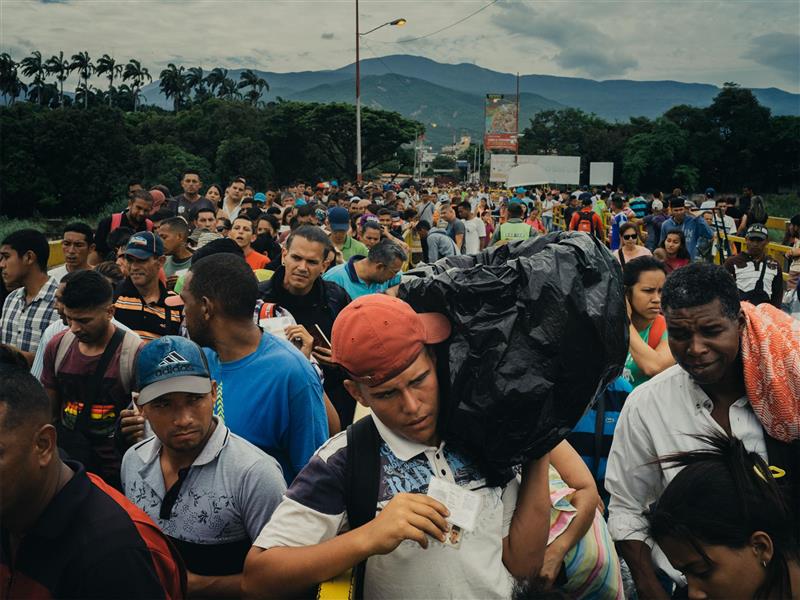
The latest episode in Venezuela’s ongoing political turmoil has again highlighted the breakdown of this once prosperous country as a result of disastrous policies, rampant corruption and the abandonment of democratic governance. Some 4.6 million Venezuelans have fled the political and economic unrest in their country, including doctors, teachers and other professionals. Countering the damage caused by the country’s brain drain will be vital to the restoration of Venezuela’s institutions and social fabric when the current crisis ends.
Venezuela’s disintegration began in 2013, when the economy began to deteriorate due to decreased oil prices. Nicolas Maduro maintained the unrestrained spending of his predecessor Hugo Chavez, leading to a surge in inflation and a later debt default in 2017. As inflation increased, so did Maduro’s autocratic rule, undermining the democratically elected National Assembly and rigging the election in 2018. This mismanagement, corruption and oppression created dire food insecurity, runaway hyperinflation, a collapsing healthcare system and widespread violence, pushing the Venezuelan people to flee in droves.
This exodus has had a devastating impact within Venezuela. Brain drain — the exodus of doctors, teachers and other professionals — has hit key sectors such as education, health and energy especially hard. When Venezuelans visit their dentists and doctors these days, the first question is: “Are they still here?”
Education – which was one of the pillars of Hugo Chavez’s popular “21st Century Socialism” campaign – has almost completely unraveled. La Escuela de Fe y Alegría, an institution comprising of more than 170 public schools throughout the country, has recorded a sharp drop in the number of students and teachers. According to September figures, more than 25 percent of the teaching personnel had joined the mass exodus because they could no longer survive on a salary of just $6 per month. Venezuelan universities have emptied due to the lack of funding and deteriorating infrastructure. According to one estimate, 40 percent of university students and professors have left the university system since 2013, with many leaving the country altogether.
Those who have remained in Venezuela are often the most vulnerable members of society. Many of the 2.9 million elderly Venezuelan citizens have been abandoned because their families can no longer support them or could not take them across the border.
The elderly often function as caregivers to around one million children, some of whose parents left Venezuela in hopes of providing for their families from abroad. UNICEF estimated in June that 3.2 million children in Venezuela were “in need of assistance,” and face serious limitations in their ability to access schools, food and medicine. The severe crisis in education, jobs and overall opportunities has led commentators to label Venezuela’s youth as the “lost generation.”
Until meaningful democratic reforms are undertaken to combat the authoritarian rule of Nicolas Maduro, there’s little hope that the migration crisis will resolve, and will continue to place unsustainable pressures on neighboring states. As the country’s last remaining legitimate democratic institution, the National Assembly remains a beacon of hope for this democratic change, but the developments this week underscore the serious challenges they face in translating the demands for democratic reform to reality so that Venezuelan society can begin to recover and migrants can make their way home.
Top